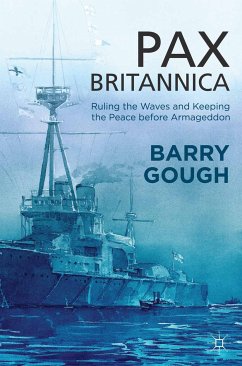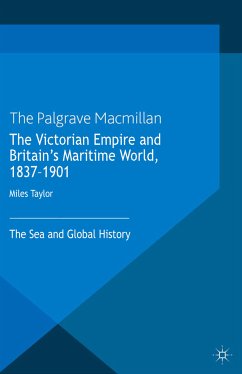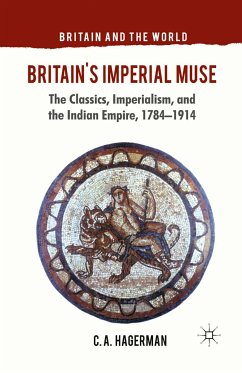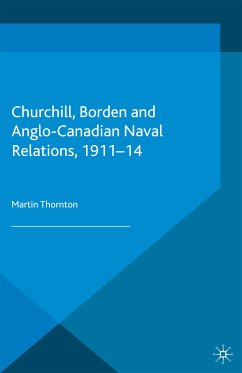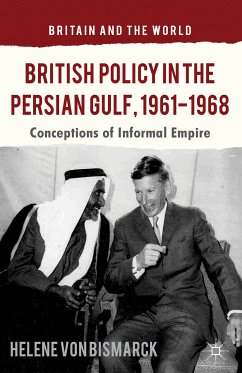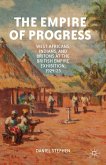Dieser Download kann aus rechtlichen Gründen nur mit Rechnungsadresse in A, B, BG, CY, CZ, D, DK, EW, E, FIN, F, GR, HR, H, IRL, I, LT, L, LR, M, NL, PL, P, R, S, SLO, SK ausgeliefert werden.
"This is an essential addition to the literature and a very useful starting point for further studies in a variety of directions. Gough is a first-class historian and in many ways this represents his best work yet." (Howard J. Fuller, The International Journal of Maritime History, Vol. 27 (3), 2015)
Honourable Mention in the Canadian Nautical Research Society's Keith Matthews Award 2014.
"One committee member noted that what he had "regarded as a brilliant synthesis ofa bunch of literature ... [was] considerably more than that. Gough book is something bigger - a substantial essay of globalism in the 19th-early 20th century." In it, he really addresses all of the big historiographical issues in studies of British imperialism for the past 50 years, ... including the superb chapters on controlling the slave trade.
Along the same lines, another member noted, "It is balanced, judicial and comprehensive. It also covers a vast topic." In sum, the committee agreed that Gough's book is 'life's work' in the sense that it brings together his reading and reflections over a whole career. It will rank up there with such scholars as Arthur Marder and Gerald Graham." - Canadian Nautical Research Society
'The history of the British Empire, which was once the preserve of either misplaced nostalgia or misdirected derision, has been reinvigorated in recent years by a number of wide-ranging books. Here is a significant new contribution to this literature,enlisting Barry Gough's expertise as a naval historian in restoring a neglected dimension to the story of the Pax Britannica. In its Victorian heyday, he argues, the Pax was underpinned by the Royal Navy, as 'a hoped-for state of affairs' that was to be crucially challenged by the ambitions of Germany - but ultimately displaced by the global reach of the United States.' - Peter Clarke, Professor Emeritus of Modern British History, Cambridge University, and author of The Last Thousand Days of the British Empire, 1944-47
'Attractively written, it is an absorbing, accessible, interesting and enlightening work and deserves a wide readership.' - Navy News

